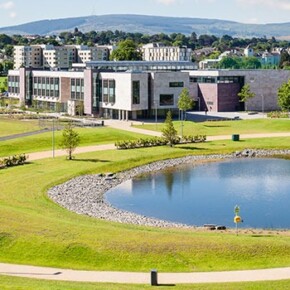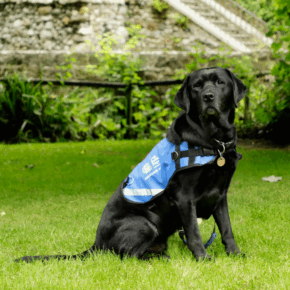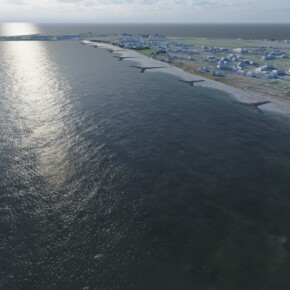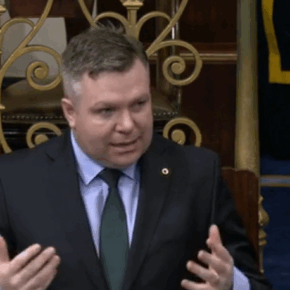Northside researcher gets big European Union grant
Dublin People 27 Feb 2015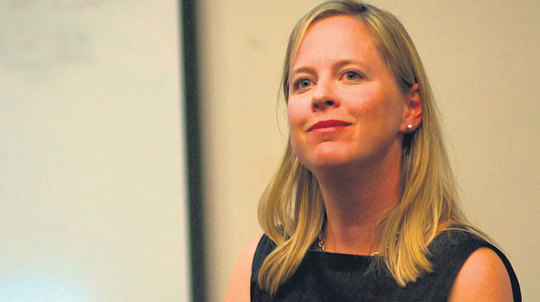
PROFESSOR RóisÃn Owens from Glasnevin has been awarded an EU grant of
?¬150,000 for her research project that could reduce or eliminate animal drug tests.
The
‘Proof of Concept’ (PoC) top up funding was granted by the European Research Council (ERC) for the project entitled
‘Exploitation of Organic Electrochemical Transistors for Biological Ionsensing (IONOSENSE)’.
Prof Owens, who is now based in the Center for Microelectronics at the Ecole des Mines de St Etienne in France explained the project.
“In common with all people developing technology for biomedical applications, what we want to do is to first of all understand biological systems,
? she said.
“Then, when those systems aren’t working properly, we can diagnose what the problems are, and then finally develop new therapies to treat the problems (e.g. diseases).
“Our particular take is that we look at the interface between electronic components and biological systems – using a new electronic technology based on polymers.
“These are soft materials that in fact are much more like biology because they are softer, and
‘fit’ better with cells for example.
?
Prof Owens and her project team have developed tissue on chip systems so they can electronically monitor how live human cells respond to different drugs or even viruses that cause disease.
“Being able to do this well on a chip (like in a test tube but much smaller and more streamlined) means far fewer animal studies because generally we use animals for testing,
? Prof Owens continued.
“However, a mouse is not always the best model for a human, so testing drugs on mice may not give us a very good picture of what happens in a human, so if we use human cells or tissues with integrated monitoring this can be a great alternative.
“So mice, rats or other lab animals will benefit in the short term, but humans will benefit eventually because drugs and diseases will be better understood and controlled.
?
Prof Owens was already the recipient of a Starting Grant from the ERC of
?¬1.5 million in 2011 and now receives this top-up funding of
?¬150.000.
She described the funding as
“absolutely essential to try to go from just an idea to a real technology solution that could actually make a difference
?.
“As scientists we are trained to have a hypothesis and to try to prove or disprove our theories,
? she added.
“We try to make this as relevant to real applications – for example in health sciences – as we can, but we are not necessarily experts in business development, marketing or other skills necessary for a successful business.
“This grant provides the opportunity to look at the real commercial potential of these ideas.
?
Welcoming the grant announcement, EU Commissioner for Research, Innovation and Science Carlos Moedas said:
“Europe has plenty of world-class research, but not enough of it reaches the marketable product stage as commercialised, pioneering goods and services.
“The Proof of Concept grants will enable some of our top research to compete with the best innovations out there. This will help improve our ability to bring innovations to market, boost competitiveness and create the jobs and growth needed in Europe.
?
Prof Owens is originally from Glasnevin, studied Natural Sciences at Trinity College and specialised in Biochemistry.
She followed this up with a PhD at Southampton University in the UK plus a couple of postdocs at Cornell University in the USA.
She moved to France in 2009 with her husband as part of a dual career package.
“We were hired by the Center for Microelectronics at the Ecole des Mines de St Etienne – we started a new department of bioelectronics at the Provence campus,
? she said.
Prof Owens says that life is good in France where she now lives with her Greek husband who is a bit of a good weather addict!
Her reaction on learning that she had been awarded the top-up funding was
“first disbelief and then really overjoyed.
“As a scientist the Starting Grant from the ERC was a major high point of my career,
? she said.
“It enabled me to progress in a way I wouldn’t have dreamed. I know I worked hard to get here, but I believe that the ERC has really nurtured me and allowed me to reach a level of scientific excellence that I couldn’t have achieved otherwise.
“This latest grant – the Proof of Concept – is more proof that the ERC is ready to support good science – the cherry on the cake really!
?


